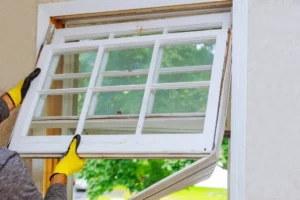Freddie Mac (OTCQB: FMCC) released today the results of its Primary Mortgage Market Survey (r) (PMMS(r)), which showed that the 30-year fixed rate mortgage (FRM), on average, was 6.60 percent.
Sam Khater, Freddie Mac Chief Economist, said that mortgage rates dropped this week to their lowest level since May of 2023. “This is an encouraging development for the housing market and in particular first-time homebuyers who are sensitive to changes in housing affordability. However, as purchase demand continues to thaw, it will put more pressure on already depleted inventory for sale.”
News Facts
As of January 18, 2024 the 30-year FRM averaged 6.60 percent, down from last weekend when it averaged 6.66 percent. A year ago at this time, the 30-year FRM averaged 6.15 percent.
The 15-year FRM has dropped from 5.87 percent last week to 5.76 percent this week. A year ago at this time, the 15-year FRM averaged 5.28 percent.
The PMMS(r) is focused on conventional, conforming, fully amortizing home purchase loans for borrowers who put 20 percent down and have excellent credit.
Freddie Mac’s mission is to make home possible for families across the nation. We promote liquidity, affordability, stability and equity in the housing markets throughout all economic cycles. Since 1970, we’ve helped tens and millions of families to buy, rent, or keep their homes.
Original Blog: https://realtytimes.com/real-industry-news-articles/item/1048328-mortgage-rates-decrease-to-lowest-level-since-may-of-2023?rtmpage=






